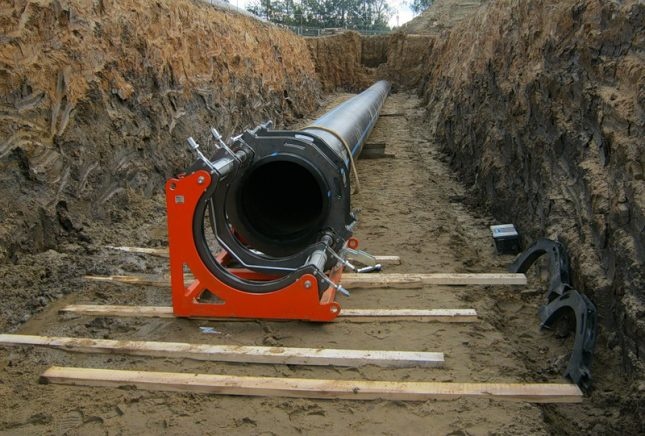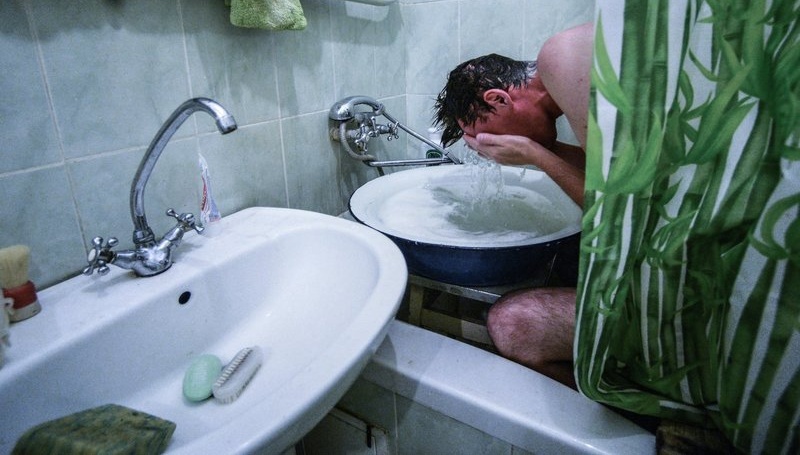Basin and kettle: when will stop turning off the hot water in the summer?

Every summer, the joy of warm days is dulled due to domestic complexity - turning off hot water. How long will this go on? When will they stop turning off the water and will they stop at all? Politicians and government officials made several statements.
Will they turn off hot water in summer
First of all, we’ll figure out what causes the annual shutdown of hot water. Before the start of the heating season, utilities check, maintain and reconstruct the pipeline. The reasons for this are obvious and understandable - it is better to prevent an accident than to collide with it in the midst of the heating season and force several houses to live without heat. But how is this problem solved, for example, in the countries of Western Europe, where there is no planned shutdown of water? Western countries usually install pipes made of more durable materials that better hold the flow of water. They break less often, wear out longer, and therefore do not need such annual maintenance. Also, in many large cities, backup pipeline systems are installed that are used during maintenance work.
Note that in the countries of Eastern Europe, for example, Moldova and Poland, hot water is also regularly turned off - as in the entire post-Soviet space. And the duration of outages varies from two days to three weeks.
Is it possible to apply such technical solutions? In 2005, authorities announced the current change of the pipeline in Moscow to a newer and more wear-resistant material. It was promised to transfer the whole city to a new development by 2006. But, as we see, this did not affect the planned outages.
Now representatives of the Ministry of Construction and the State Duma Committee on Energy directly say that this transition is a long and almost impossible task.
This is normal. The pipes wear out, they need to be changed. We will not get away from this in the current conditions of communal infrastructure.
There is another solution to the problem - the installation of backup water and heat supply systems. So, while one pipeline undergoes a routine inspection and repair, the second can continue to supply hot water to residents of the house. It is noteworthy that such a solution has already been implemented in some areas of Moscow. But here's the problem - during a routine inspection, both systems are turned off anyway: both the primary and the backup. This is due, according to officials, to the technical safety requirements introduced by Rostekhnadzor. However, what kind of requirement prohibits the prevention of such binary systems in turn, they do not report.
Employees of the energy committee argue that due to the severe wear of the main pipeline, the massive creation of a backup system can be forgotten - at least for the next ten years.
Until we get the heat supply sphere out of the current problem situation, when in some municipalities the wear of networks is more than 70 percent, there can be no talk of any experiments with alternative networks.
However, officials confirm that in the near future, the shutdown period for hot water throughout the country can be reduced to three days. Moreover, in some areas of Moscow and St. Petersburg, this has already become a reality since 2018 - new residential complexes with a high-quality pipeline are already serviced much faster. However, the old fund is not so simple. Officials do not name any terms for the transition of old houses to such high-speed services.
Will we live to see the cancellation of the annual shutdown of water? Not yet clear. In the meantime, Muscovites and residents of provincial cities are forced to swim in a basin every summer.



